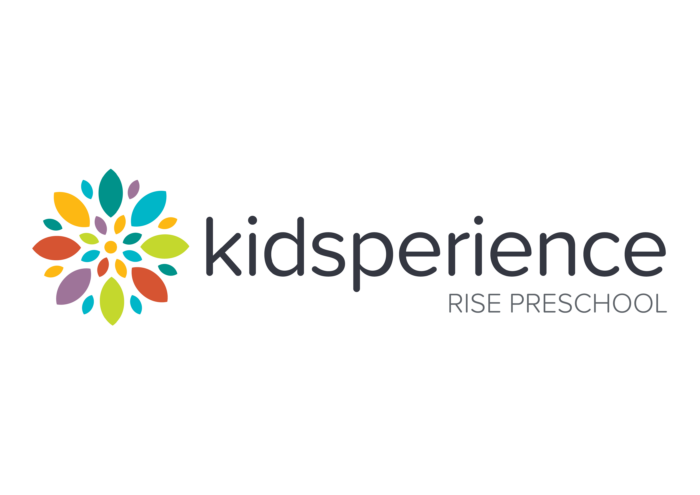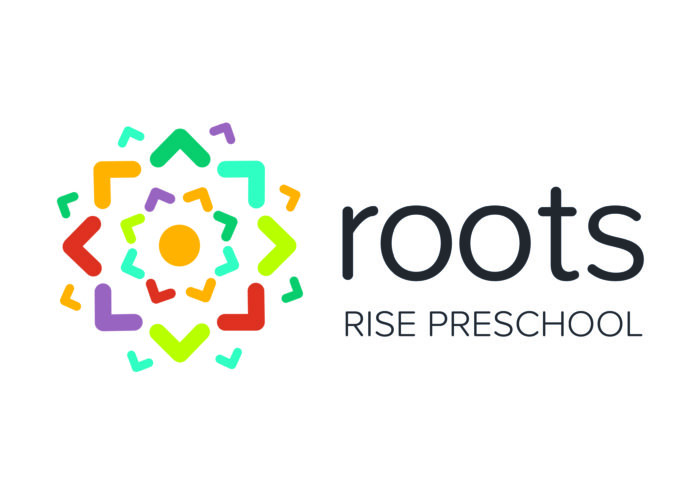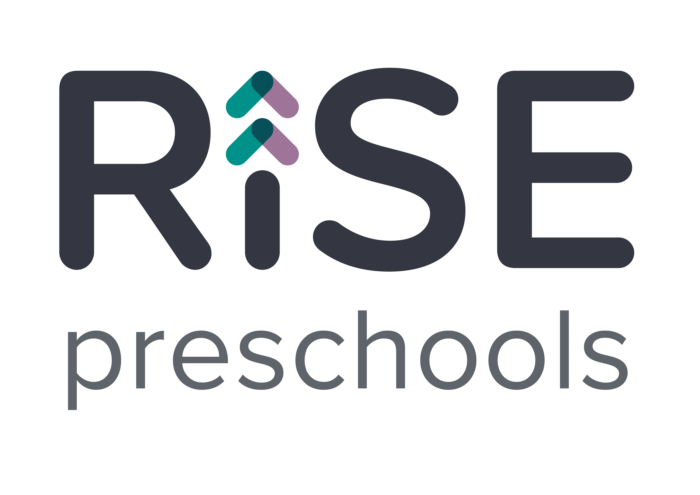Challenging Ourselves to Develop Habits


By Stella Ioannou
We are great believers in our Paperless March initiative within our preschools and the aim is clear: We want all children to develop thinking and understanding about conserving nature as well as develop habits for a lifetime now while they are very young and at a crucial development stage.
And, with this blog, we are encouraging you to do the same with ideas on how to implement simple actions into your everyday lives to develop environmentally friendly habits!
Children learn through conversations with adults and through observation of those around them. Teachers, as well as parents, have a role to play in transforming attitudes and raising awareness about how to protect the environment and conserve natural resources. A saying states that “children learn what they live” which means they are learning what they experience in their lives. Parents are the first role models that children meet. Therefore, it is important to consider what behaviours our children see us do.
Should we challenge ourselves to identify some every day habits we as parents can role model for our children? Let’s have a go!
• Ensure the right materials are in the proper bins, whether it be a recycling bin or waste bin, teaching children the importance of recycling. There are plenty of child friendly videos and books to help with this that introduce this concept to children in an inviting way!
• Instead of paper napkins, use a washcloth for each member of the family and keep them in a drawer for the week.
• Use paper products with eco-friendly certifications and teach your children to look for this information on packaging.
• Opt for unbleached paper products.
• Support eco-friendly businesses and organisations.
• Borrow books from the local library for your children or encourage them to swap books with friends as opposed to always buying new ones.
• Use a whiteboard for notes and lists instead of paper notes.
• Reuse envelops and boxes for shipping as well as wrapping paper and gift bags.
• Use reusable grocery bags and tote bags instead of paper or plastic bags.
• Refuse junk mail in your letter box at home.
• Don’t use a coffee maker that requires paper filters.
• Use both sides of the paper and encourage your children to do the same. You can even keep a scrap paper box at home for crafts and doodling!
• Avoid paper or plastic dinnerware and cups.
• Use reusable lunch boxes with pre-portioned food trays instead of paper, plastic or foil wraps for food.
Let’s teach our children to do their part for the environment and make it an effortless, natural part of their lives.
We should never forget that tiny drops can make an ocean when put together.

